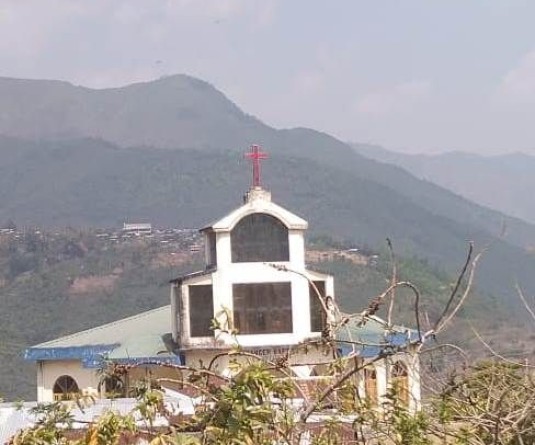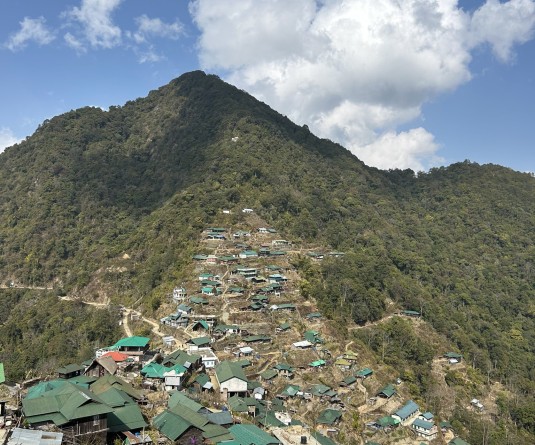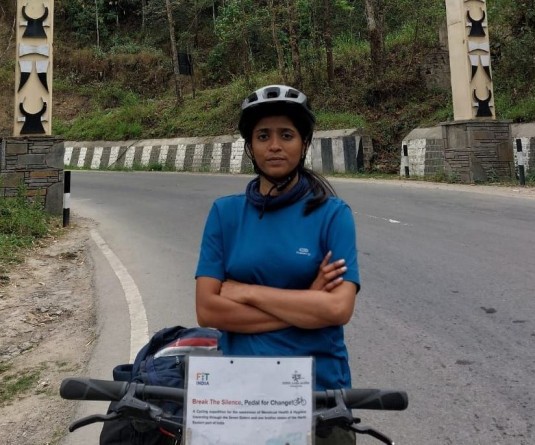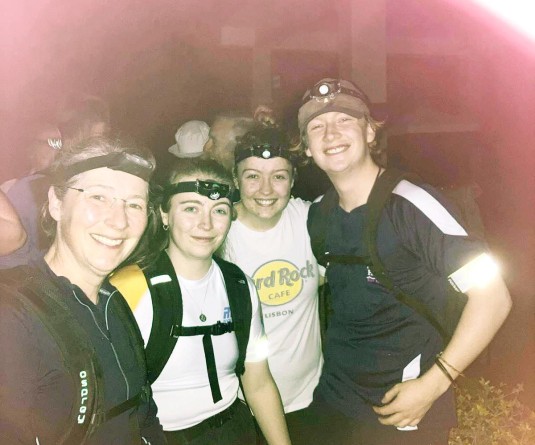Nagaland's MSM community looks to future with hope
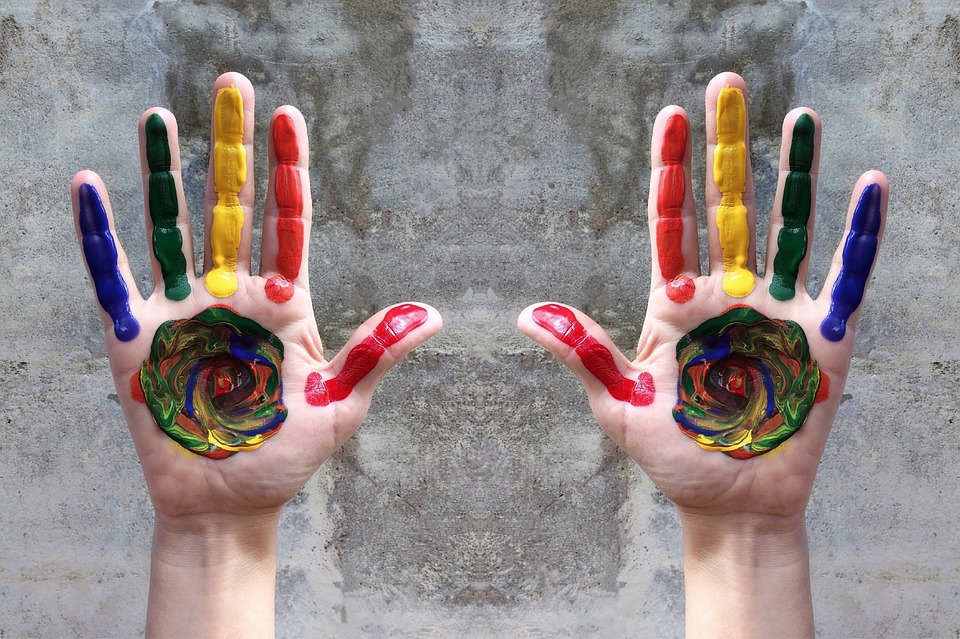
There is a worldwide revolution the world over for recognition of the LGBT community. Is Naga society changing? (Representational Photo: pixabay.com)
The right to sexuality incorporates the right to express one's sexuality and to be free from discrimination on the grounds of sexual orientation
Atono Tsükrü Kense
Kohima | November 1
“When a boy acts like a girl, he is called names. As a child, I liked stuff that usually girls have a fancy for -playing with dolls, painting my nails, trying lipstick and so on. My friends and relatives rebuked me. Even in school, I was called different names. I couldn't speak to people. Every night I hid inside my blanket and cried questioning myself and my sexuality. I even attempted to kill myself many times.”
This is the testimony of a gay, who has suffered trauma since childhood, first while coming to terms with his own sexuality and then steeling himself to the taunts of the society.
Moa, now aged 30, knows firsthand the prejudices and discrimination that a gay man faces in Nagaland, and he has made it his mission to work for people of his kind. Moa is associated with Guardian Angel, a nongovernmental organisation based in Dimapur working for the MSM (Men Sleeping with Men) community.
There is a worldwide revolution the world over for recognition of the Lesbian, Gay, Bisexual and Transgender (LGBT) community and with encouraging results. However, for a state like Nagaland where religion, customs and traditions dictate the way of life, the lives of MSMs, cross dressers, transgender are still not easy. Many respondents, when asked about their views on LGBT termed it as ‘taboo and sin’.
Many from the MSM community have been marginalized because of their sexual orientation – families having disowned them and they live in isolation and distress. Some of them have even been forced into heterosexual marriage by their families.
Narrating the traumatic years he underwent, Moa recalled “till the age of 18, I didn’t come out or socialize with anyone.” For most of his teenage years, Moa confined himself in the room confused, angry, feeling suicidal and questioning God.
Even in school he was left sitting alone at the back bench for most of the time as other students refused to sit with him. Unable to bear the stigma, bullies, the disdain looks and teasing, he quit school.
Not finding any answers to his predicament, Moa was left confused and distressed. However, in 2016 he came to Guardian Angels through a friend and for the first time he felt comforted that he was not alone. Since then, he had been working and advocating for the MSMs to live a normal and dignified life like others.
“MSM is not a disorder” asserts Moa who also adds that if given a chance and accepted by the society for them to live a dignified life; they can become productive members of the society like any other person.
‘We have a population
amongst us living in fear’
According to Dr. Bernice, NSACS joint director (TI) who through a project closely works with this community, “we have such population amongst us who are our own people (Nagas)” living in fear of coming out, identifying their sexuality with their families, community and Church.
She said there are more than 1000 active participants in their programme and explains that identification of this kind of sexuality has lots to do with biological factors. “Before they started growing up to a full adult, they started sensing their sexuality that they don’t belong to that group we categorize our population into,” stated Bernice.
Highlighting the underlying problems of the community who are vulnerable to violence and HIV besides the trauma they undergo, Dr. Bernice asserted that its time the people start realizing MSM activity and sexuality as they are amongst us, and be sensitive and understand their problems in a holistic way.
When enquired on the community being stigmatized by the churches, Dr Bernice says “the Christian doctrine tells us to look and treat everyone equally with love and care” and added “if someone is biologically inclined, we cannot just ignore it. We need to look at it holistically.”
She was of the view that there is need for some dialogues to take place amongst the educated Christians, clergy and theologians on this issue, which cannot be ignored anymore.
'Church cannot be influenced by social changes'
Speaking on the perspective of biblical teachings, Rev. Dr. Zelhou Keyho, NBCC general secretary opined that for the church to answer to any issue must be biblical and not be influenced by the popular cultural influence or social changes taking place around us.
Explaining his stand, Keyho said the definition of sin is not based on the Church likes or dislikes; neither is it decided by public opinion nor by popular culture. “Changing trend in cultural and new social practices does not dictate God’s standards”.
Homosexuality is a sin because it is against God’s plan of relationship in marriage between a man and a woman, Keyho maintained. He asserted that the church cannot compromise the biblical truth in the name of modernity, cultural change and social dimension.
Nevertheless, he added that the Church is to minister within this in love and to redeem. “We don’t condone the act because it is against God and the Bible categorically made it clear, but we do not condemn the people who are trapped in the predicament.”
Hope
Moa is not discouraged though. Some of the most repressive societies are changing and there is growing acceptance of gay men all over the world, he observed.
“I do not face discrimination like before. Things are changing although there are still many in our Naga society who live in denial of the reality of gay men, while our churches are yet to accept same sex marriages.”


